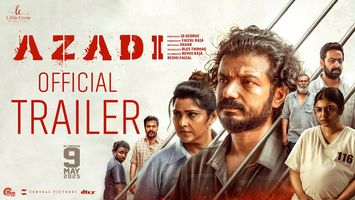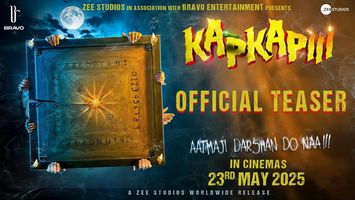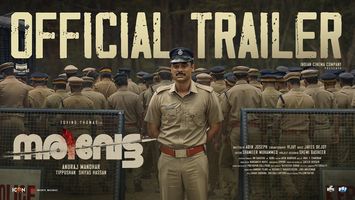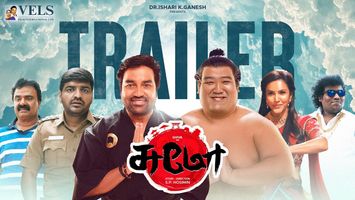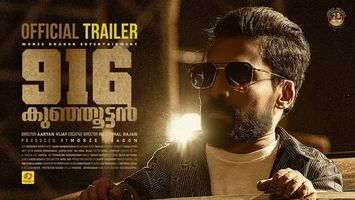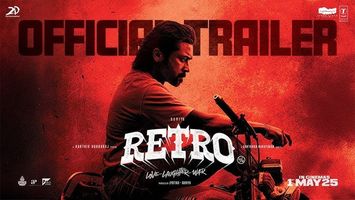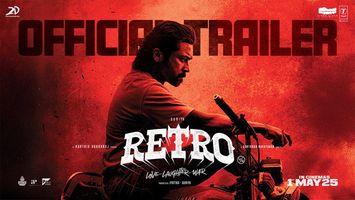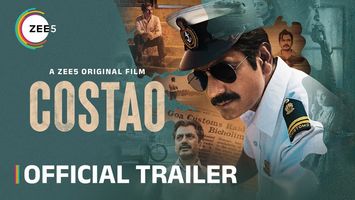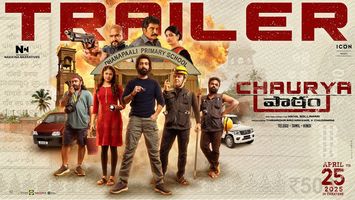One Line Review: A politically correct anti-war propaganda film, which is nothing more than mediocre attempt to brush off the facts.
Positive Points: The scenes are alternatively intense and lighthearted; strong performances by main characters.
Negative Points: The film doesn't get a grip with the reality; tries to neutralize the conflict and establish sympathy for Pakistan; direction doesn't measure up to expectations.
Plot: The year is 1948 and Pakistani soldier Rehmat Ali (Vijay Raaz) crosses the border and infiltrates India for stealing a file which is purportedly, as accused by Pakistan contains the details of India's plans to build and underground tunnel.
After crossing the border, he lands up near an Indian check post where he faces Samarth (Manu Rishi) an Indian post partition refugee who is now a cook in the army. However, the man to man duel soon turns into a cordial talk where they share their post partition experiences with each other.
No sooner, they find a common ground to share their experiences and their feelings about the partition and the suffering that it has brought upon them.
However, they get back to combat in the morning, and soon Barfi Singh (Raj Zutshi) enters the scene, where he looks at Rehmat Ali with hostility and Samarth with contempt as he considers him a traitor.
Later, a Pakistan captain (Vishwajeet Pradhan) who sent Rehmat Ali to fetch the files also enters the scene, all wounded and bloodied.
Will this conflict end and will both the refugees reconcile with solidarity or accept the reality and fight like enemies is narrated in the further tale.
Direction And Other Technical Aspects: The cross fire scenes in the man to man battle are realistically shot and give the feel that a real gun battle is taking place. However, the overall direction has not been that impressive as expected.
Cinematography is above average and has been shot in a way that the audiences can get a strong feel of realism. However, they could have done it much better.
Performances: Vijay Raaz who plays the role of the Pakistani soldier, doesn't show the aggression and ferocity initially, but still puts up a performance that would help carry on with the plot clearly.
What becomes hard to believe is that the character of Samarth played by Manu Rishi is a sentimental cry baby and breaks down at a slightest hint of nostalgia. Though initially Manu Rishi performs impressively the role of a soldier who is defending his post, he later doesn't deliver as better.
Raj Zutshi, has been really impressive in his portrayal of a soldier who is all aggressive and bellicose. The words, the tone, the body language all suit that of a typically patriotic and charged up soldier.
Vishwajeet Pradhan in his role of Pakistani officer aptly shows the frustration, anger and bitterness that he feels when they realize that they are being used as pawns.
Music: The first song 'Kisse Lambe' which has been sung by Sukhwinder Singh, Sandesh Shandilya and Rahat Fateh Ali Khan is chaste Punjabi that couldn't be understood by non-native speakers and could have been avoided.
The second one 'Lakeerein' is good with deeply meaningful lyrics and with no further doubt has been written by Gulzar.
The third song, that comes after the break 'Jhoohe Ho' expresses that the enemy soldiers find a friend within one another with common feelings.
'Kaleje Mein' sung by Ustad Hamid Ali Khan is more like a light hearted satire of the situation but is also directed towards the pain of partition.
Final verdict: Though the performances are strong, the film in its overall nature is nothing more than a politically correct farce which tries to ignore the base realities of India-Pakistan conflict. It tries to gain a moral high ground by trying to depict the flawed 'how both sides were affected' rhetoric, that doesn't hold any logic. It almost reminds you of one such moronic Indo-Paki peace initiative by a popular newspaper. This film is total dump for the 'message' that it is trying to convey.

